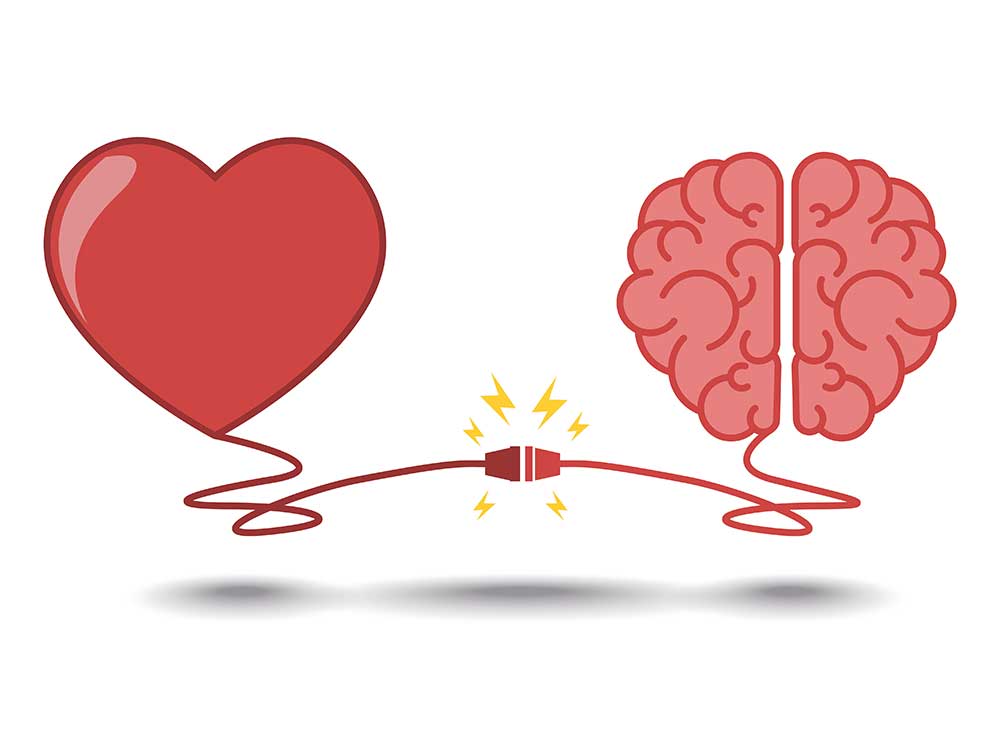Read the latest and greatest from our team
of incredible specialists.

Beach House Recovery Center » Blog » 5 Tips for How to Cope With the Emotional Effects of Alcoholism
Heavy, chronic drinking damages regions in the brain that govern and modulate our emotional responses. A large body of research has catalogued these emotional effects of alcoholism. For example:
Such effects, however serious, are not irreversible. With time and good habits, the brain can be rewired and its emotional processing capacities can be honed and improved. Here I throw out five tips for how to cope with the emotional effects of alcoholism, with a view to boosting your recovery in the longer term:

Empathy, simply put, is the ability to understand and share the feelings of another human being. Research into empathy and its origins seems to suggest that empathy comes naturally to human beings but can also be nurtured, according to a 2010 article in The New York Times. Empathy is best nurtured during childhood, by parents who are loving and emotionally responsive, but it’s never too late to acquire empathy. These five “empathy boosters” are a good place to start.
A case in point? Google’s highly popular, two-day “Search Inside Yourself” course that trains people to become more emotionally self-aware, compassionate and interpersonally attuned to others. Or, for those whose jobs involve regular face-to-face interactions, the American Psychological Association has recommended training programs for reading facial expressions. These days a dizzying abundance of courses promise to improve “emotional intelligence,” which has become a bit of a buzzword. The term generally refers to a constellation of emotional factors, like emotional self-awareness and self-regulation, motivation, and empathy. The point is you can increase your emotional IQ, even if certain people are just inherently more emotionally attuned. And the same holds true for those in recovery from alcohol.
Compassion meditation appears among the five empathy boosters noted above, but is worth highlighting on its own. It’s best practiced daily, but doesn’t need to take a lot of time — 15 minutes is enough to exercise mindful loving kindness towards whomever comes to mind. This step-by-step guide to a compassion meditation that was first developed by the Stanford researcher, Emma Seppala, can help get you started.
Have at least one thing in the day ahead to look forward to. It doesn’t have to be something big, just something you know you enjoy. Realistically speaking, most of us aren’t able to pack our day to the brim with pleasurable activities, but most of us can be intentional about inserting one activity into our day that we can count on to help us feel good, whatever that may be. The options are endless!
I read a study just the other day that found even Tylenol blunts empathy. Naturally, then, the emotional effects of a history of chronic, heavy drinking will be more entrenched, and recovering from it, a longer-term process. Don’t get too hung up on the immediate results of the investments you’re making. Instead, try to enjoy the process of learning healthy coping mechanisms, simply for the sake of the process. In time, you won’t just be “coping” with the emotional effects of alcoholism, you’ll be replacing these old dysfunctions altogether, as your brain heals and you discover a whole new way of living.
Whether you’re researching for yourself or a loved one, Beach House can help. We understand that this is a serious time in your life and that the treatment center you choose matters. We want you to feel comfortable and empowered to make the right decision for yourself, a friend, or a family member. This is why a counselor is waiting and available to answer your questions and help put your mind at ease regarding the next steps. Many of the staff at Beach House have walked in your shoes. If you feel you’re ready or want more information about how to help a loved one, we can help today. You can also learn why we are voted the #1 rehab for addiction treatment in Florida.
We accept most major insurance plans and can verify your benefits quickly and confidentially.
We’re committed to helping you access the care you need, our admissions counselors can guide you through your coverage options and available resources.





"*" indicates required fields